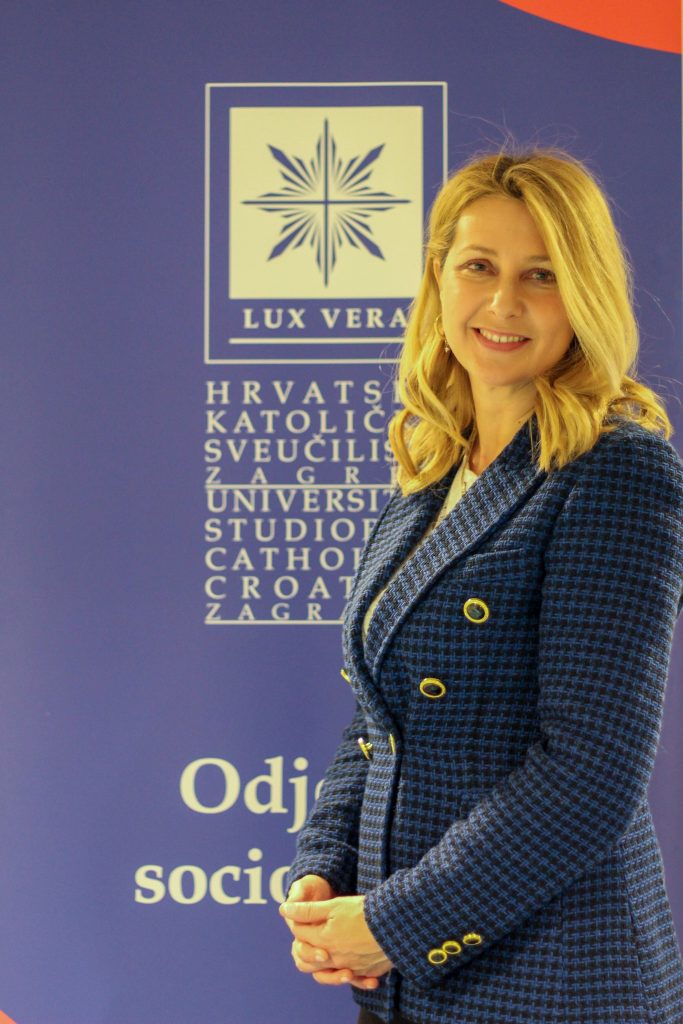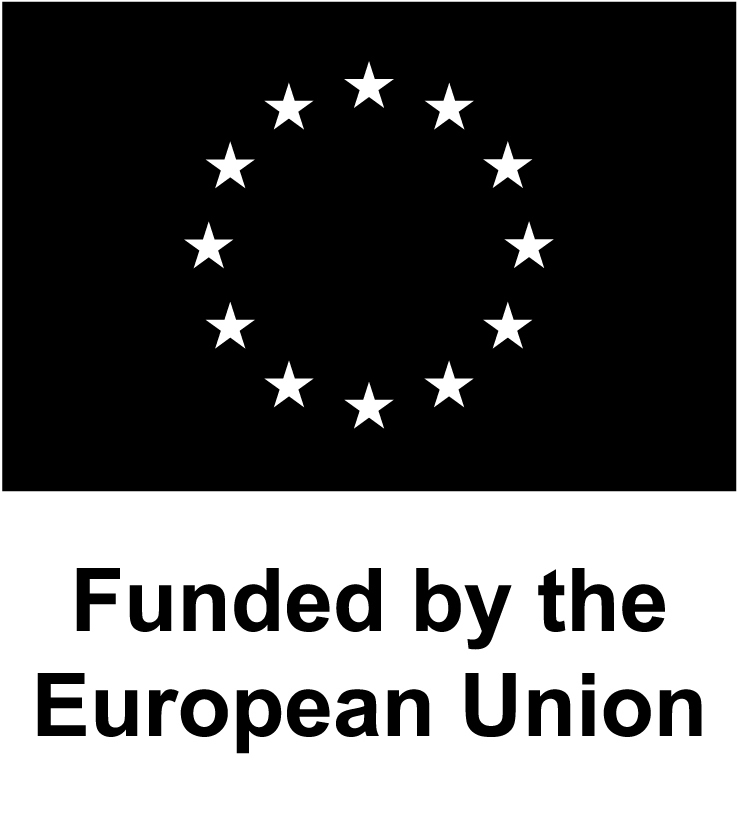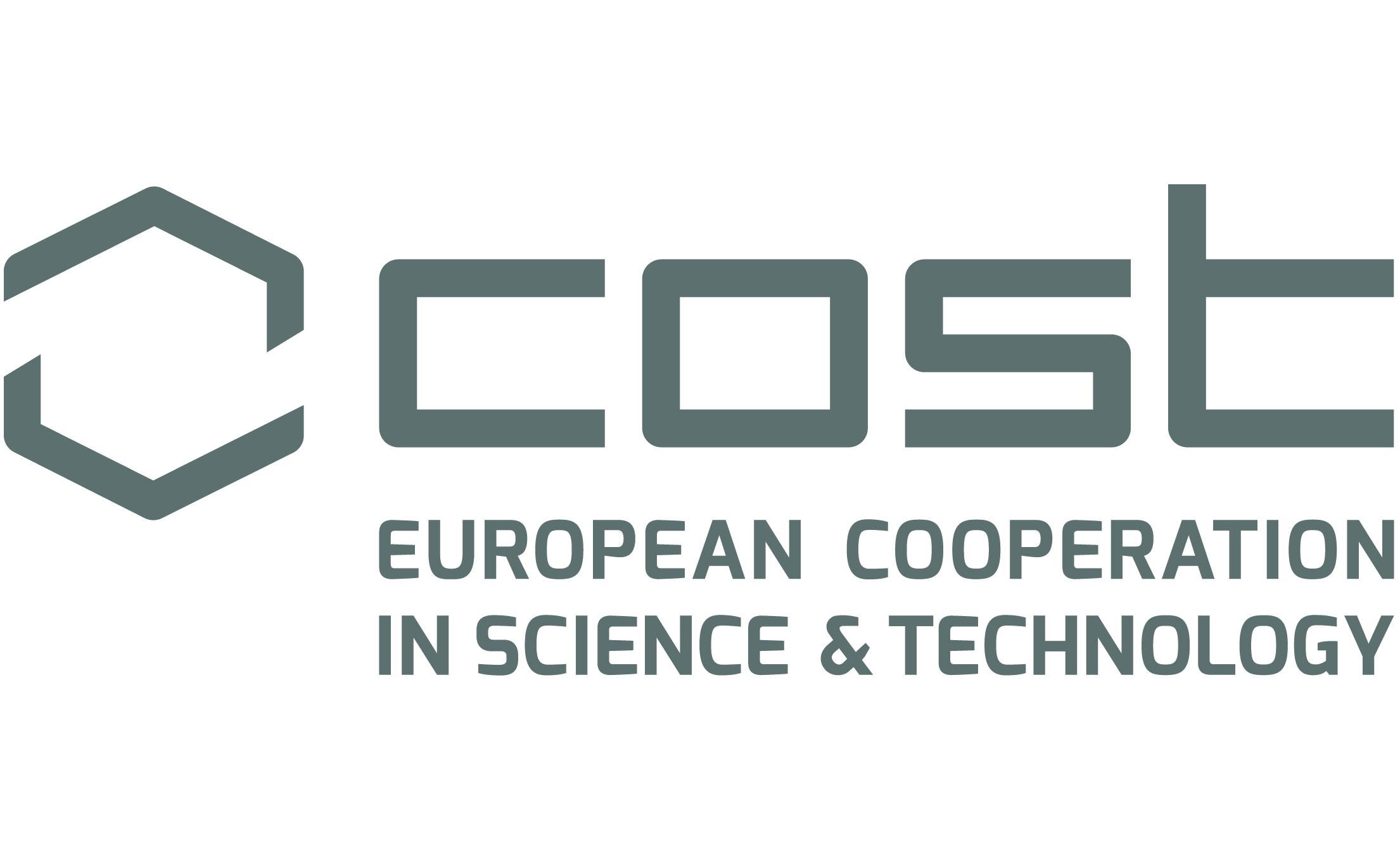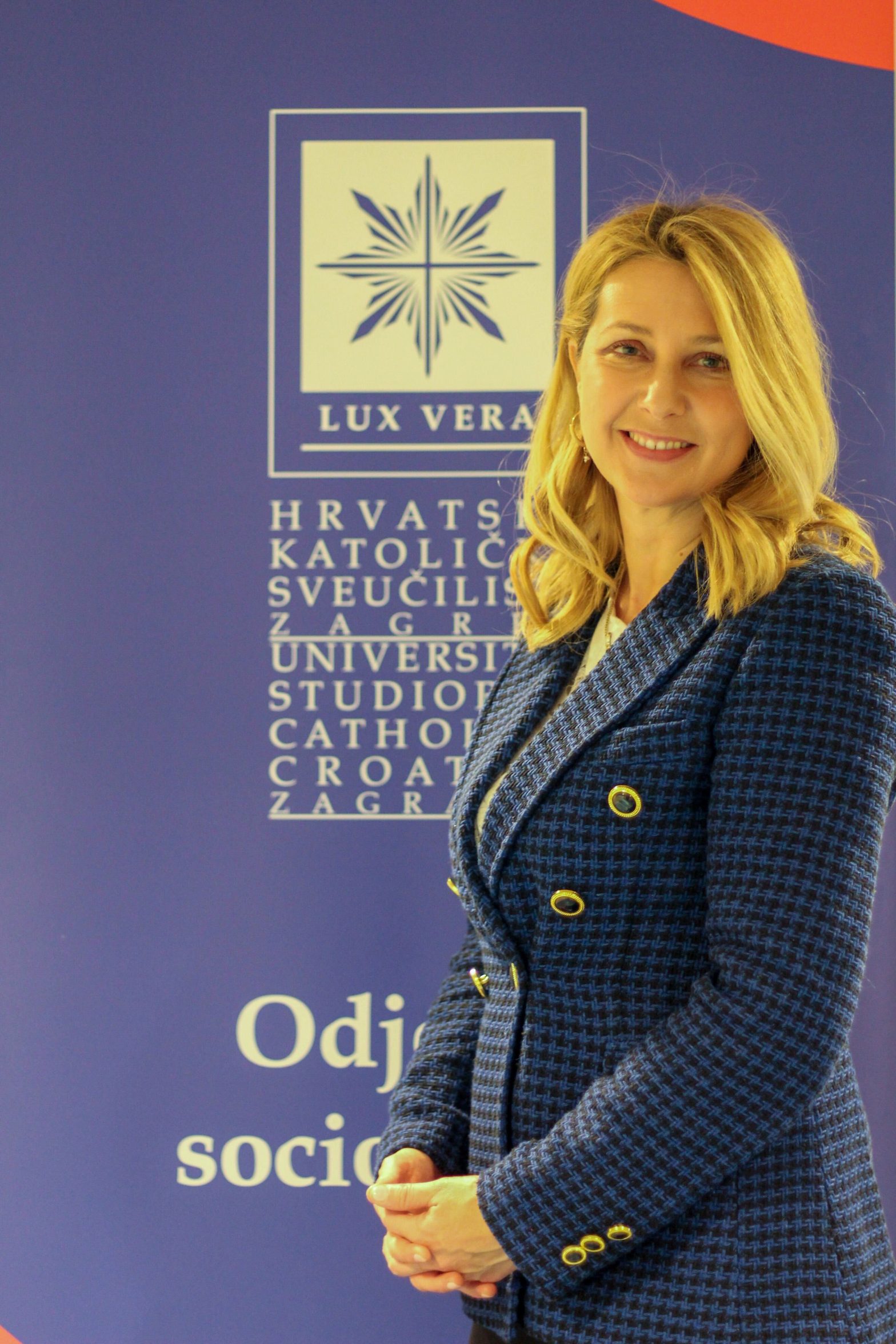
Miriam Mary Brgles, PhD
Department of Sociology, Catholic University of Croatia
My Journey Translating the Guidelines for the One-Page Policy on Cultural Expertise
My Journey Translating the Guidelines for the One-Page Policy on Cultural Expertise
When I first encountered the One-Page Policy on Cultural Expertise, I felt both inspired and challenged. A significant part of this inspiration came from a webinar titled Unlocking Guidelines for the One-Page Policy on Cultural Expertise with Oya Aydin and Misbah Reshi, held on April 29, 2024, as part of the activity of Working Group 4 Communication of the K-Peritia Action. The session sparked my curiosity and compelled me to take on the task of translating the guidelines into Croatian, even though translation isn’t my professional domain.
Approaching the Task as a Sociologist
As a sociologist with a year of law studies in my background, I approached this endeavour with both enthusiasm and trepidation. My limited legal training provided me with some foundational knowledge of terminology, which proved helpful. Additionally, being from Croatia, a member state of the European Union, I was aware of the frequent need for translations of English documents into Croatian. This experience gave me a sense of readiness, knowing that Croatian professionals often adapt such texts linguistically and contextually.
Translation: A Balancing Act Between Audiences
One of the most critical aspects of translation is considering the intended audience. I realized this document had dual significance: it needed to resonate with legal experts while also being accessible to a broader audience interested in understanding cultural expertise. To ensure I struck the right balance, I engaged informally with a lawyer and a judge to gain insights into their perspectives on the text. Their feedback became invaluable in shaping the translation.
Leveraging STRUNA for Accuracy and Context
A vital resource during this process was STRUNA, Croatia’s terminological database for vocational terminology. Managed by the Institute of Croatian Language, STRUNA is an exceptional tool for translating specialized terms. Each entry in the database includes not only the Croatian equivalent but also definitions, classifications, and contextual examples. This structured approach provided clarity and precision, especially for nuanced legal terms.
For instance, STRUNA distinguishes between:
1. Permanent court expert witness – a court-appointed expert listed on the official registry of permanent court experts.
2. Ad hoc expert – an expert witness appointed by the court for a specific case, not part of the permanent registry.
These nuanced definitions reinforced my understanding and ensured accuracy in the Croatian translation.
Conveying Originality and Innovation in Cultural Expertise
Beyond ensuring linguistic accuracy and contextual relevance, I was deeply committed to conveying the originality and innovation of the policy on cultural expertise. This policy is groundbreaking in its emphasis on raising awareness about a specific type of expert—cultural experts—who often operate within various jurisdictions but are not always clearly identified or visible. These experts represent an interdisciplinary category, drawing on specialized knowledge from the social sciences to provide insights that are critical in legal and administrative contexts. I aimed to highlight how this policy elevates the role of cultural expertise, fostering recognition of its unique contributions to justice systems worldwide. This added a layer of complexity to the translation, as it required me to carefully preserve the intent and spirit of the original document.
Navigating Bilingualism: A Strategic Choice
One intriguing decision I made was to maintain a degree of bilingualism in the translated document. I preserved certain abbreviations and content in their original English alongside their Croatian translations. This approach was intentional, as many Croatian legal experts work with European and international courts, where familiarity with both languages is essential. I hoped this dual-language format would enhance the document’s utility and accessibility for these professionals.
Reflecting on the Experience
Ultimately, translating the Guidelines for the One-Page Policy on Cultural Expertise was more than a linguistic exercise; it was an interdisciplinary challenge that required me to bridge sociology, law, and translation studies. This experience deepened my appreciation for the intricacies of language and the importance of context when adapting specialised documents.
It also left me with a profound respect for professional translators and legal experts who routinely navigate these complexities. While this was my first venture into such a task, it won’t be my last. The opportunity to contribute to making valuable resources more accessible to my community was both humbling and rewarding.
This output is based upon work from K-Peritia CA22101, supported by COST (European Cooperation in Science and Technology).









